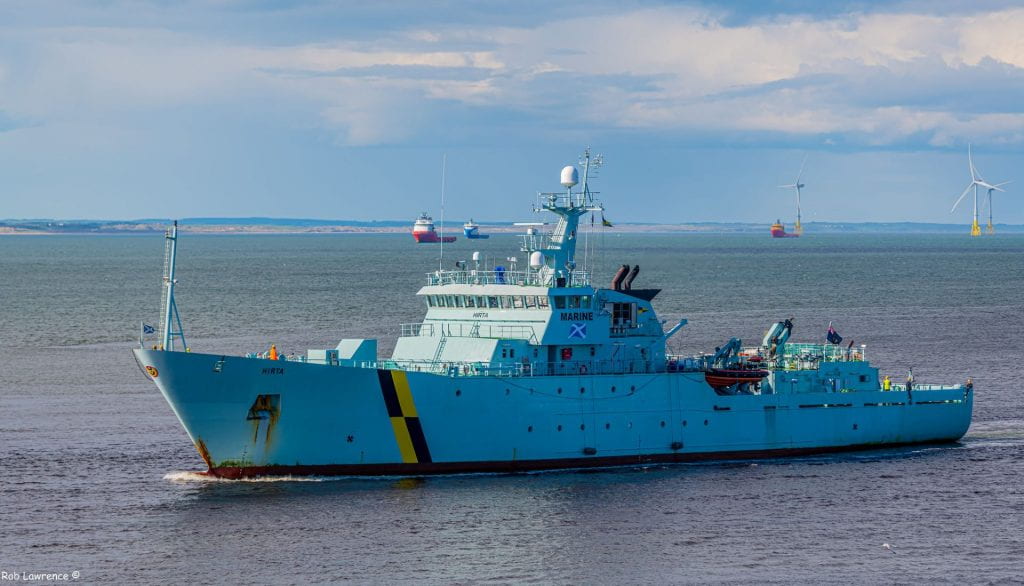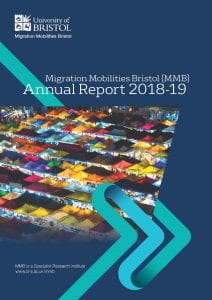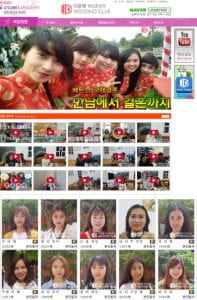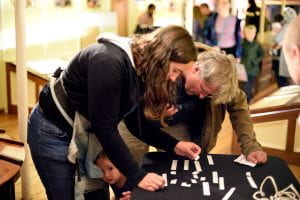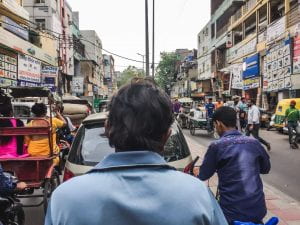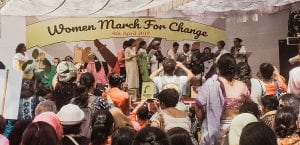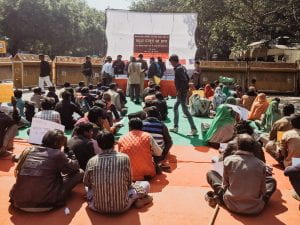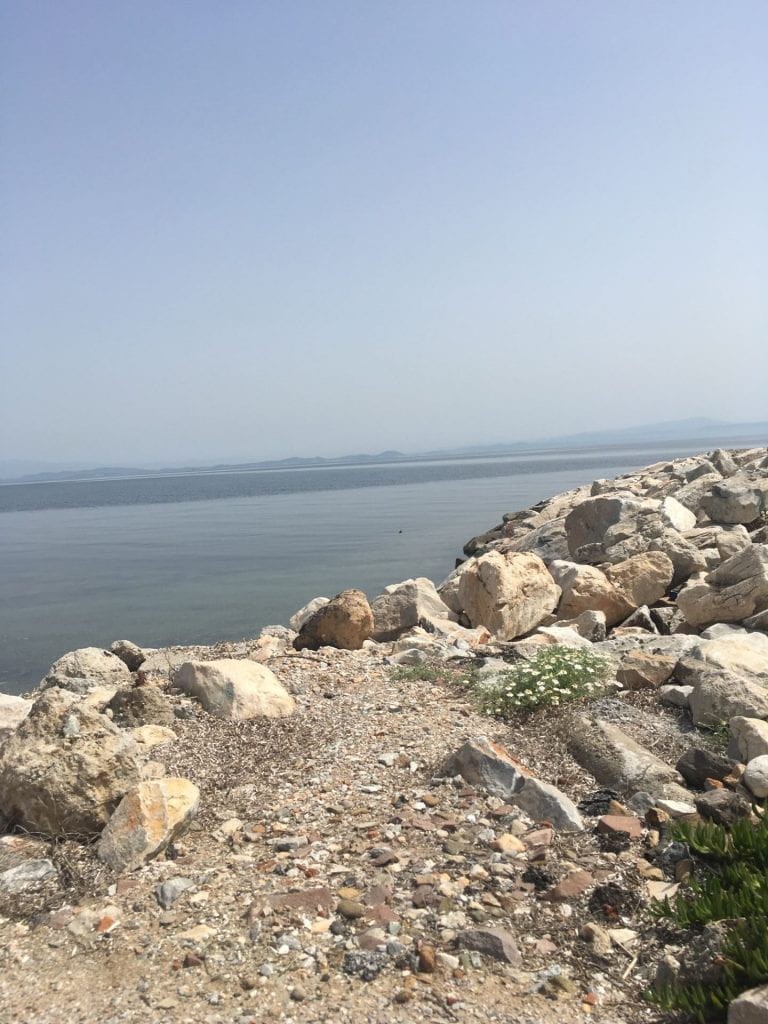By Tamar Hodos
In these extraordinary times, I have made a contribution to society by providing a timely news story that does not involve the current global pandemic. This is the results of a study that forms part of my ongoing research into the production, distribution and socio-cultural significance of luxuries in past globalising contexts. One might well question the tact of highlighting luxuries at a time when human life and economic stability are at tremendous risk, however.

In the interconnected world of the ancient Greeks, Phoenicians, Assyrians and Egyptians, ostrich eggs were turned into highly decorated vessels, and they were coveted by elites across the Mediterranean and Middle East. The project, in collaboration with colleagues at the British Museum and Durham University, has explored where eggs were laid, whether the mother was wild or captive, and how the eggs were worked. The journal publishing the results timed its release to coincide with Easter. The research has received global attention.
It might seem frivolous to discuss luxury good production methods when everyone is affected by Covid-19. Luxurious objects are the preserve of the wealthiest, who can afford them. When so many people have lost their jobs and rapid economic recovery prospects are bleak, it may even appear crass to emphasise materials beyond reach for so many.
Luxuries impact upon many more than their elite consumers, however, and in this lies their wider relevance to society, both past and present. Our study has revealed that decorated ostrich egg production in antiquity was a particularly complex affair. We established that the eggs were acquired from wild, rather than captive, birds. As a result, we can suggest that the production process begins with trackers, who had to find nest sites and steal eggs by one means or another.
Ostrich nests are difficult to spot because they are dug into the ground amid grasses such that they are invisible from across the landscape. The female’s colouring further camouflages the site during the day, when she incubates the eggs; the male’s colouring does the same at night, when he keeps the eggs warm. An ostrich will lay its head flat if it senses a predator, which is the origin of the notion that ostriches bury their heads in the sand. But do not take that as passiveness: the birds can kill with a single kick.

Acquiring eggs entailed risk to the tracker. Firstly, it could take days to find nest sites, since a male ostrich’s territory may extend up to 20km2, and nest locations seem to have no relation to nest sites from previous seasons within a territory. Secondly, other predators equally dangerous to humans inhabit the same landscapes as ostriches. Even if the tracker chose to kill an ostrich rather than merely steal its eggs, the bird itself was not the only threat.
Furthermore, it transpires that just because you could source an ostrich egg locally, it does not necessarily mean that you did. In antiquity, ostriches were indigenous to north Africa and today’s Middle East. Using isotope analyses, our study was able to determine different environmental zones across this expanse where the mothers roamed during ovulation. But this raises new questions such as whether fresh eggs themselves were traded as source material, and if eggs from different areas had different perceived values. Who was involved in these exchanges?
We also learned that an egg needs to dry out naturally for an extended period of time after blowing (emptying) before the shell is suitable for carving. This necessitates safe storage, which has economic implications as storage creates a long–term investment before reaping payment.
Only once an egg was suitably dried could highly skilled craftsmen undertake their decoration. In this lies a social interpretation complication, for artisans were mobile during this era. For example, Phoenician craftsmen were known to be in the employ of Assyrian kings in Assyria. So, should we consider a product made by such an individual as a Phoenician or Assyrian object?
Furthermore, what does it mean when a deceased Etruscan king in Italy is interred with a decorated ostrich egg? Or a Phoenician residing in Spain? How do those meanings overlap and differ? As the eggs were imports to both regions, what does this tell us about the varieties of connectivities between cultures using ostrich eggs? This line of questioning is valuable to our own era, because our identities cannot necessarily be understood simply from how we style ourselves, especially as our choices are often contextually significant, and when objects, dress, style and people are highly mobile.

The ostrich egg study used the mobility of objects themselves to learn about the variety of people involved in production and exchange in the past, as well as shared and divergent social practices of materials in common, but its relevance does not lie just in learning more about the ancient world for diverting news stories. This approach is applicable to society today because of our own social relationships with the material world. Today, the same object may concurrently have overlapping and different social or symbolic meanings for diverse populations, while its production and distribution connects people in complex ways across time and place. Understanding the relationships between our social lives and material worlds helps us foster better relationships with one another, especially with regard to social and cultural differences. Objects ‘belong’ to many more than just their final consumers. Luxuries extend across the full spectrum of society.
Unfortunately, so does Covid-19.
Tamar Hodos is Reader in Mediterranean Archaeology at the University of Bristol and a unit director on the MSc Migration and Mobility Studies.




